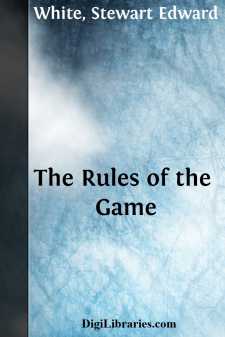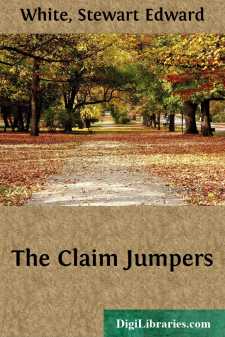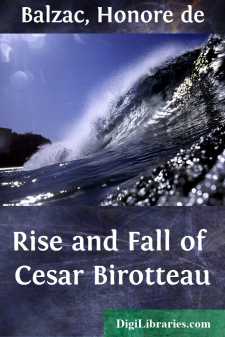Categories
- Antiques & Collectibles 13
- Architecture 36
- Art 48
- Bibles 22
- Biography & Autobiography 813
- Body, Mind & Spirit 142
- Business & Economics 28
- Children's Books 14
- Children's Fiction 11
- Computers 4
- Cooking 94
- Crafts & Hobbies 4
- Drama 346
- Education 46
- Family & Relationships 57
- Fiction 11829
- Games 19
- Gardening 17
- Health & Fitness 34
- History 1377
- House & Home 1
- Humor 147
- Juvenile Fiction 1873
- Juvenile Nonfiction 202
- Language Arts & Disciplines 88
- Law 16
- Literary Collections 686
- Literary Criticism 179
- Mathematics 13
- Medical 41
- Music 40
- Nature 179
- Non-Classifiable 1768
- Performing Arts 7
- Periodicals 1453
- Philosophy 64
- Photography 2
- Poetry 896
- Political Science 203
- Psychology 42
- Reference 154
- Religion 513
- Science 126
- Self-Help 84
- Social Science 81
- Sports & Recreation 34
- Study Aids 3
- Technology & Engineering 59
- Transportation 23
- Travel 463
- True Crime 29
The Land of Footprints
Description:
Excerpt
I. ON BOOKS OF ADVENTURE
Books of sporting, travel, and adventure in countries little known to the average reader naturally fall in two classes-neither, with a very few exceptions, of great value. One class is perhaps the logical result of the other.
Of the first type is the book that is written to make the most of far travels, to extract from adventure the last thrill, to impress the awestricken reader with a full sense of the danger and hardship the writer has undergone. Thus, if the latter takes out quite an ordinary routine permit to go into certain districts, he makes the most of travelling in "closed territory," implying that he has obtained an especial privilege, and has penetrated where few have gone before him. As a matter of fact, the permit is issued merely that the authorities may keep track of who is where. Anybody can get one. This class of writer tells of shooting beasts at customary ranges of four and five hundred yards. I remember one in especial who airily and as a matter of fact killed all his antelope at such ranges. Most men have shot occasional beasts at a quarter mile or so, but not airily nor as a matter of fact: rather with thanksgiving and a certain amount of surprise. The gentleman of whom I speak mentioned getting an eland at seven hundred and fifty yards. By chance I happened to mention this to a native Africander.
"Yes," said he, "I remember that; I was there."
This interested me-and I said so.
"He made a long shot," said I.
"A GOOD long shot," replied the Africander.
"Did you pace the distance?"
He laughed. "No," said he, "the old chap was immensely delighted. 'Eight hundred yards if it was an inch!' he cried."
"How far was it?"
"About three hundred and fifty. But it was a long shot, all right."
And it was! Three hundred and fifty yards is a very long shot. It is over four city blocks-New York size. But if you talk often enough and glibly enough of "four and five hundred yards," it does not sound like much, does it?
The same class of writer always gets all the thrills. He speaks of "blanched cheeks," of the "thrilling suspense," and so on down the gamut of the shilling shocker. His stuff makes good reading; there is no doubt of that. The spellbound public likes it, and to that extent it has fulfilled its mission. Also, the reader believes it to the letter-why should he not? Only there is this curious result: he carries away in his mind the impression of unreality, of a country impossible to be understood and gauged and savoured by the ordinary human mental equipment. It is interesting, just as are historical novels, or the copper-riveted heroes of modern fiction, but it has no real relation with human life. In the last analysis the inherent untruth of the thing forces itself on him. He believes, but he does not apprehend; he acknowledges the fact, but he cannot grasp its human quality. The affair is interesting, but it is more or less concocted of pasteboard for his amusement. Thus essential truth asserts its right.
All this, you must understand, is probably not a deliberate attempt to deceive....






















